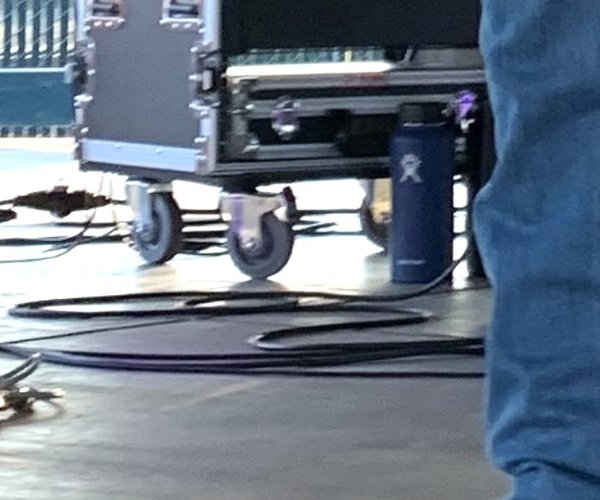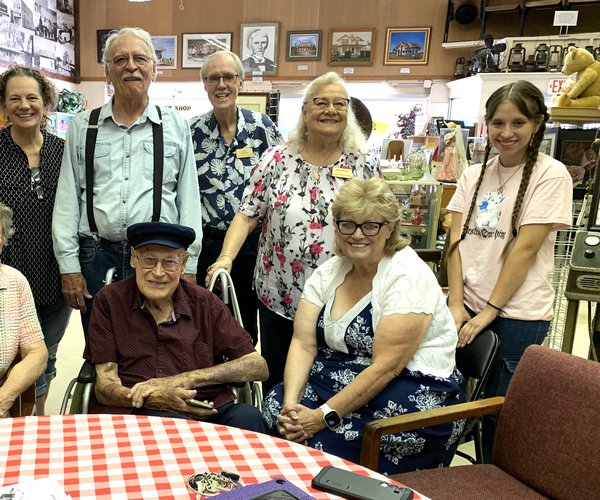A main reason, however, for the council to bring a sales tax initiative forward is that all of the money raised through the implementation of the new tax would stay within the city.
Sales tax measure going to voters





